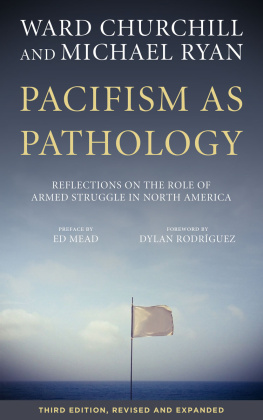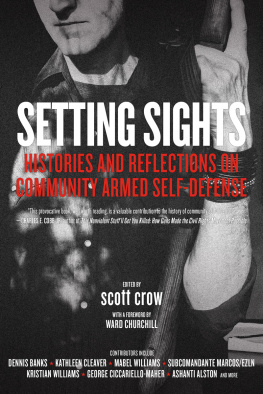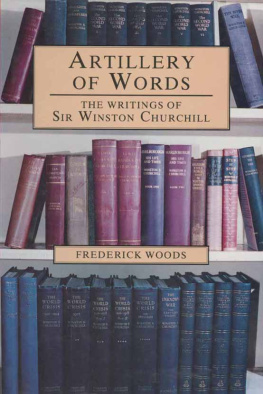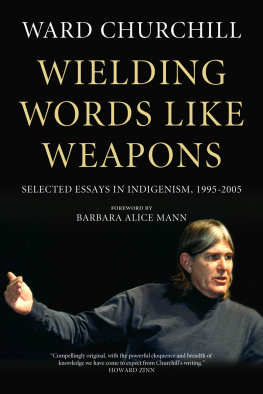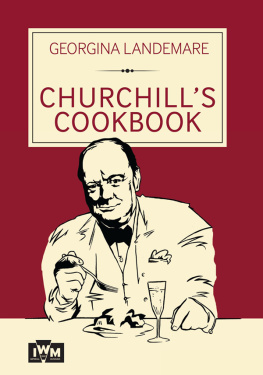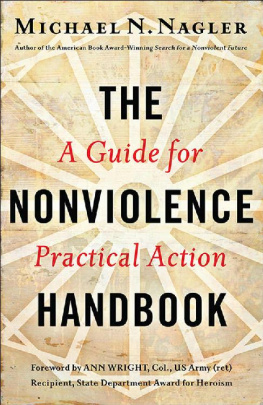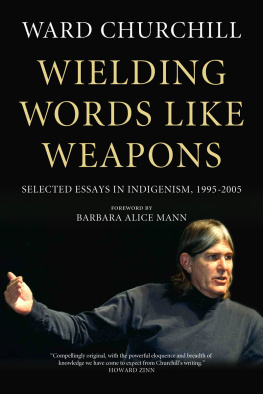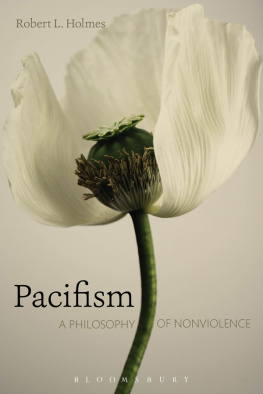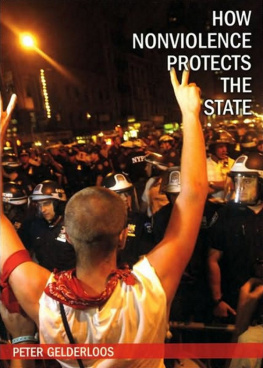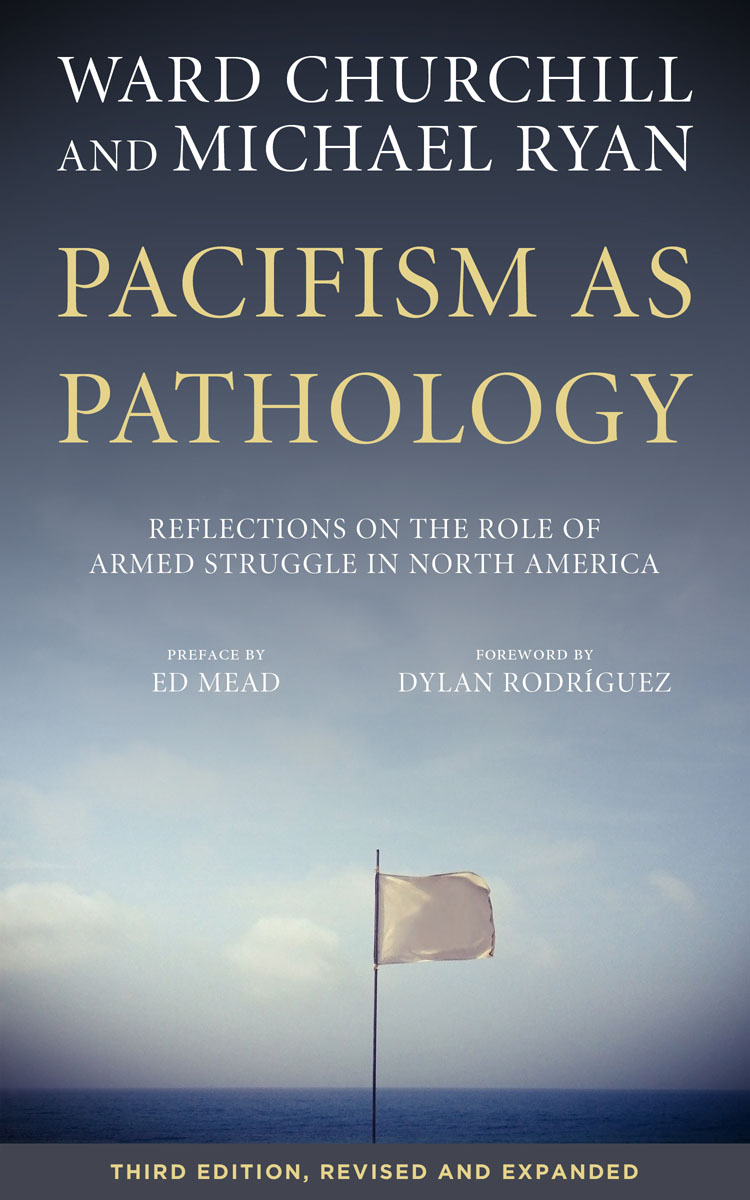
Pacifism as Pathology: Reflections on the Role of Armed Struggle in North America
Ward Churchill and Michael Ryan
This edition 2017 PM Press
All rights reserved. No part of this book may be transmitted by any means without permission in writing from the publisher.
ISBN: 9781629632247
Library of Congress Control Number: 2016948155
Cover by John Yates / www.stealworks.com
Interior design by briandesign
10 9 8 7 6 5 4 3 2 1
PM Press
PO Box 23912
Oakland, CA 94623
www.pmpress.org
Printed in the USA by the Employee Owners of Thomson-Shore in Dexter, Michigan.
www.thomsonshore.com
For the fallen warriors of the armed struggle, and for those now in cages.
Contents
Pacifism as Pathology: Notes on an American Pseudopraxis
by Ward Churchill |
A Debate Revisited
by Michael Ryan |
On Ward Churchills Pacifism as Pathology: Toward a Revolutionary Practice
by Michael Ryan |
PREFACE
Preface to the 1998 Edition
by Ed Mead
Power grows from the barrel of a gun.
Chairman Mao Tse-tung
Okay kids, here we go, my first ever preface to, well, an essay. It displays a kind of logic and research methodology that I myself am not capable of emulating while examining the question of political violence, or, more accurately, the efficacy of adopting a political strategy of nonviolence (pacifism). Pacifism is an important issue for anyone interested in the role of violence in political struggle (a subject one can scarcely ignore in todays world). In my opinion, Ward Churchill has done a good job of addressing the subject. By way of an introduction, then, I will add only a few of my own perspectives. Here goes.
The headline of todays Seattle Times screamed, Experts Warn of Food Crisis Ahead. The story, with graphs showing growing population levels, the limitations of the increasingly depleted soil, and lists of experts and pictures, has probably been long forgotten by most of Seattles residents. The effects were, after all, presented mostly as being visited upon others elsewhere, the sort of consequence of empire experienced mostly by Third World populations and other equally unimportant groups.
I, too, tend to get pretty mellow about how events are unfolding on the stage of todays world. As a rule, I pay more attention to what is going on here at home, or my attention is focused in the direction the ruling class media pushes me. Like most Americans, I am affected by or in some way understand that there are those who do not, because of their race and nationality, enjoy the many luxuries available to those of us here in the heartland. Twenty years ago, when I was part of Seattles Prairie Fire Organizing Committee (PFOC), we had a term for those who felt it was necessary and appropriate for people out there in the colonies to fight and die in the struggle against international imperialism while intellectually exempting themselves from incurring the same risks and obligations. The expression used by PFOC back in those days was American exceptionalism.
I think we can agree that the exploited are everywhere and that they are angry. The question of violence and our own direct experience of it is something we will not be able to avoid when the righteous rage of the oppressed manifests itself in increasingly focused and violent forms. When this time comes, it is likely that white pacifists will be the ruling classs first line of defense. If there is any substance at all to this notion, then we might just as well start the process of having this discussion now instead of later, and that is another reason why I am writing this introduction.
In my opinion, peaceful tactics comprise the only form of political agenda that can be sustained during this particular historical period. Armed actions would not further the struggle for justice at present, but they could plainly hurt it (my reference here is to offensive activities rather than to armed self-defense, which is an altogether different matter, in my view). I suspect that when the situation changes everyone will know it, and the time clearly aint now.
Anyway, Ward and I reached our respective conclusions about pacifism from different directions. His background is academic, as reflected in the title of his essay, Pacifism as Pathology: Notes on an American Pseudopraxis. In contrast, I just finished an eighteen-year stretch in prison for having been a part of a political organization that bombed, among other places, the headquarters of the Department of Corrections in Olympia, the Bureau of Indian Affairs building in Everett, and the FBI office in the Tacoma federal courthouse.
I have talked about violence in connection with political struggle for a long time, and Ive engaged in it. I see myself as one who incorrectly applied the tool of revolutionary violence during a period when its use was not appropriate. In doing so, my associates and I paid a terrible price. That cost included the loss of comrades Bruce Seidel and Ralph Poe Ford. Poe died while planting a pipe bomb in the refrigeration mechanisms located in the back wall of the Safeway store on 15th, and Bruce was killed in a shootout with police at a failed George Jackson Brigade bank robbery. The cost also included the loss to Seattles progressive movement of many committed militants, who ended up spending many years in various state and federal prisons.
I served nearly two decades behind bars as a result of armed actions conducted by the George Jackson Brigade. During those years, I studied and restudied the mechanics and applicability of both violence and nonviolence to political struggle. Ive had plenty of time to learn how to step back and take a look at the larger picture. And, however badly I may represent that picture today, I still find one conclusion inescapable: pacifism as a strategy of achieving social, political, and economic change can only lead to the dead end of liberalism.
Those who denounce the use of political violence as a matter of principle, who advocate nonviolence as a strategy for progress, are wrong. Nonviolence is a tactical question, not a strategic one. The most vicious and violent ruling class in the history of humankind will not give up without a physical fight. Nonviolence as a strategy thus amounts to a form of liberal accommodation and is bound to fail. The question is not whether to use violence in the global class struggle to end the rule of international imperialism but only when to use it.
By writing in a way that is supportive of the use of revolutionary violence, I want to make it clear that I am not talking about self-destructive avenues like political adventurism. Instead, I am merely objecting to the privileges that pacifists are often able to enjoy at the expense of the global class struggle (one does not see too many pacifists of color these days).
I am not proud of my prison background. At best, I can say that I came out of the prison experience with a bit less damage than many of my peers. But, still, I came out damaged. I dont know how long, if ever, it will take me to really know the depths of that damage. Nonetheless, I managed to do my time in a manner I believe was consistent with communist principles. While I was never the tough guy on the block, and on occasion was seen as a nigger-lovin commie-fag, I still managed to get by without having to ever snitch on another prisoner or check into protective custody for my own safety. To that extent, I came out okay. But, on the level of having any answers (beyond my limited prison activists scope), I do not score nearly so well.
Next page
